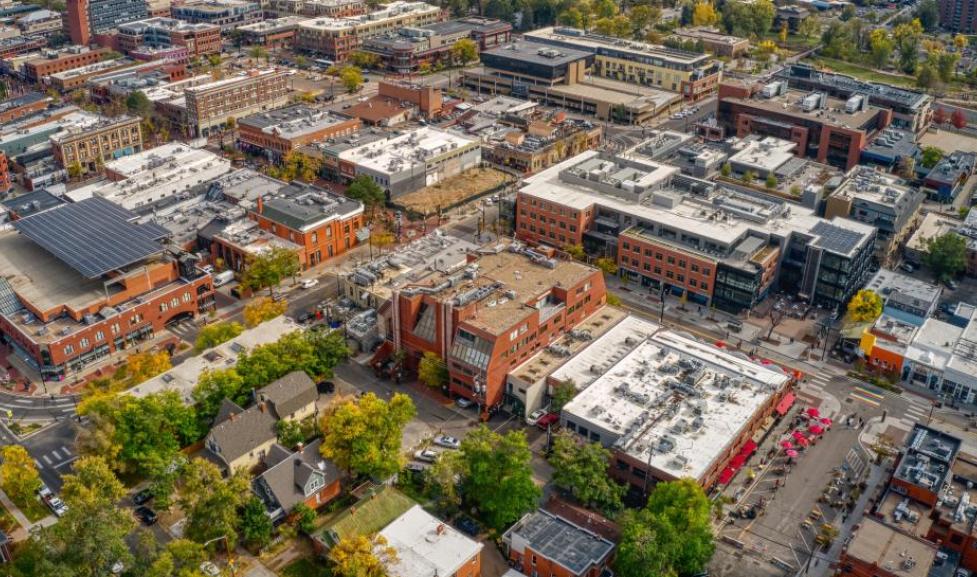Project Overview
The Affordable Commercial Grant Pilot Program was designed to help address a gap in the market for more affordable commercial space and increase opportunities for local small businesses to thrive in our commercial centers.
The program has awarded over $840,000 to three unique projects aimed at supporting small businesses and fostering community connection and vibrancy.
The application window closed in October 2024.
